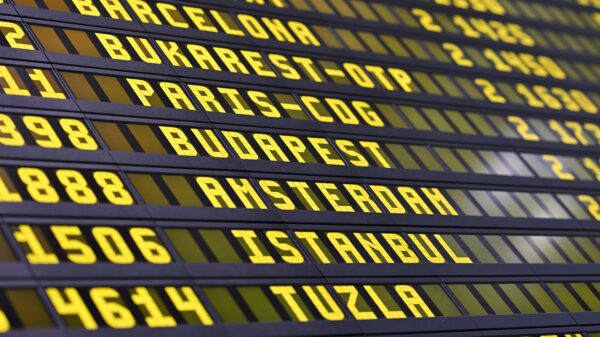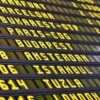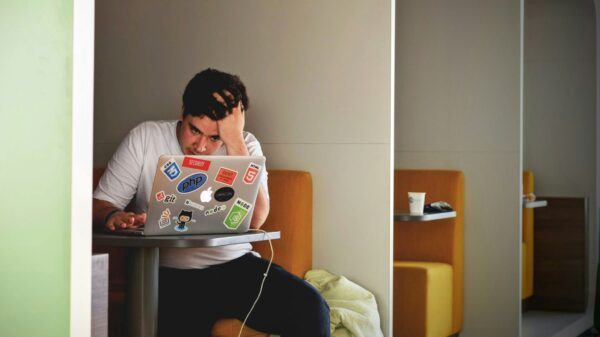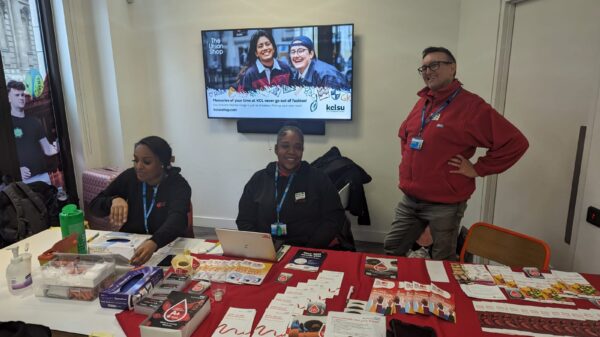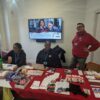Comment writer Rory Orwell writes about his first week in the government lockdown.
Who would have thought a virus from a wet food market could, on the surface, catalyse such significant change. I have not read the news today. It’s burdensome to know we are living through a period which will be studied in the future.
Over the course of a fortnight, daily updates from No 10 have become emptier by the day as journalists distanced themselves from each other, then stopped visiting altogether. Prime Minister Boris Johnson can no longer host the press conferences in person as he is hosting the virus itself. Soon perhaps even the officials will not be in the same room. How much like a future dystopia that would look.
The PM’s current malady really is excellent PR. It incites worry (anyone can get COVID-19), and sympathy (Boris is a living, breathing, human). If the government feels panicked, its advisor Dominic Cummings made that public when filmed sprinting out of Downing Street. What happened to his emergency ‘bat signal’ to Get Brexit Done? It has been shrunken into perspective is what.
This crisis is testing logistics, bureaucracy, trade as well as friendships, relationships, and work. For the majority of the population, this is a social experiment without precedent, during which we confront our individuality and vulnerability. Civilisation and the people inhabiting it are unfailingly confronted with clouds. Both collectively and individually, silver linings are found, almost as an act of justice.Â
As any routine I had from university has been thrown in the air, I try to make some replacement quarantine one by grasping for fragments of predictable regularity. I notice how nice the chorus of garden birds at dawn is, even if a reminder of a lopsided circadian rhythm. And I will not forget the gestures of neighbourly humanity: a pot of homemade marmalade left on the doorstep, a text telling of online food delivery.Â
Stay at home, the government says, unless you are a key worker. Quite right. But work is still key to its producers, even if it is not key to this new war effort.
In some strange reverse psychology, work can feel like an act of rebellion against the expectation of ‘time off’. I swerve, but not aimlessly, between passing the time and making the grade at this stage in my degree, much like the few people on the streets swerve to maintain social distancing. Before long I will be joining a patient, staggered queue for a supermarket. ‘We live in a society’ etc. etc.Â
As the first week of official lockdown ended, I went to the post office – the walk counted as my one ration of daily exercise – as I didn’t trust the letterbox by my road would be opened any time soon. The few people on the sunny, nearly empty streets, meander away from each other, repelled by risk. Welcome to the new normal, for now. Radical uncertainty is one of the few things we can take for granted in the world. When I arrived I didn’t enter, not risking even toeing the taped line laid out on the floor as a precaution. There was an elderly customer with a face mask at the counter.
The evening before, my neighbour informed me of ‘Clap for the NHS’ at 8 pm. Thinking others would not know, I pictured just me and her standing outside of our respective houses, clapping sadly and ridiculously to an otherwise empty street. But at the turn of the hour, I heard the applause of tens and tens of people from other houses, stood on the doorsteps in the dark evening cold. This immensely poignant sign of support for the NHS felt like a more memorable and important kind of mass gathering than any postponed to prevent it from being overcapacity. It brought both light and warmth. Like thousands of neighbourhoods up and down the nation, we displayed an evolved instinct to contribute to something greater than ourselves, albeit merely an expression of that very needs.
Yet it was not for us but those on the ‘front line’ who also need the resource of morale.












